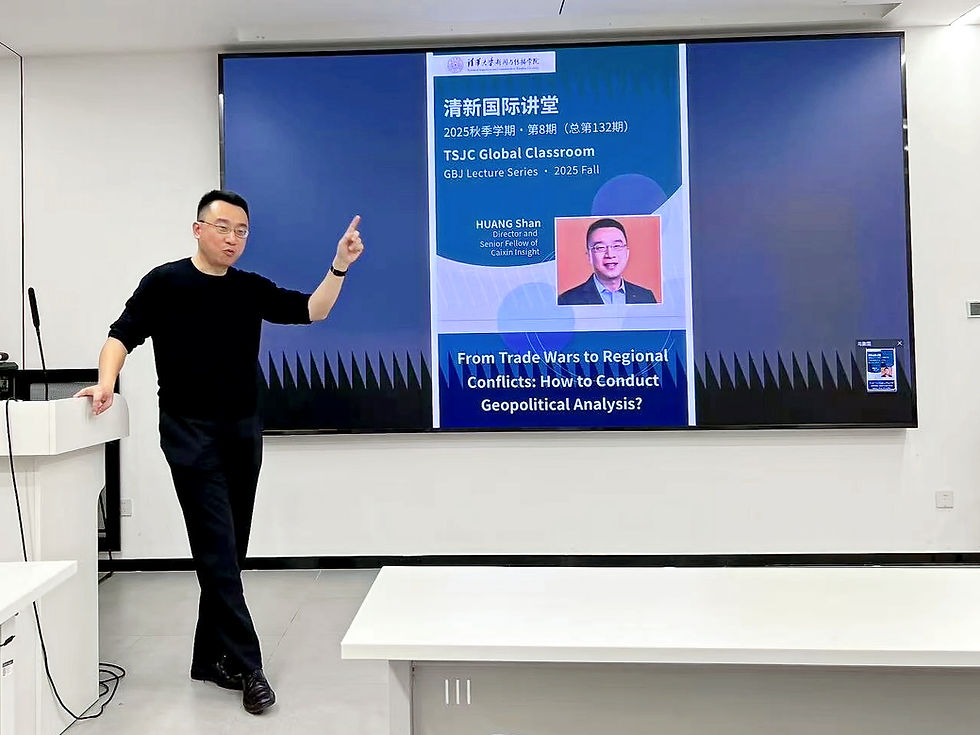ICFJ and UN team up to combat online violence against women journalists; take a global survey
- Rick Dunham
- Sep 24, 2020
- 3 min read

Online violence – which includes threats of sexual assault and murder, harassment, abuse, privacy breaches and digital security attacks – is injuring women journalists, chilling their reporting, and in some cases forcing them out of the profession altogether.
The risk of online violence spilling offline is also significant, and there is growing evidence connecting online attacks with offline violence against women journalists. There are also signs of increasing levels of online violence against women journalists amid the COVID-19 pandemic and rising racial tensions globally.
To combat this problem, the United Nations Educational Scientific and Cultural Organisation (UNESCO) and the International Center for Journalists (ICFJ) on Sept. 24 launched a global survey to assess the scale of online violence targeting women journalists around the world, and to help identify solutions to the pernicious problem.
The ICFJ and the U.N. identified these key questions:
Are you a woman journalist who has experienced online violence?
Have you been subjected to sexualized abuse and harassment on social media, targeted in digital security attacks that breach your privacy, or even threatened with rape or murder online?
Have you witnessed such online violence against a woman journalist?
Or are you responsible for managing women in journalism?
If you answered yes to any of these questions, the ICFJ and U.N. seek your help – so that they can help you.
Here's the link to the English survey: https://www.surveymonkey.com/r/un_en
The survey – offered in five languages (Arabic, English, French, Portuguese and Spanish) – is a key plank of a UNESCO-commissioned study implemented in partnership with ICFJ, which is examining this major threat to press freedom and journalism safety in 15 countries. With your help, our international consortium of researchers, led by ICFJ Global Director of Research Dr. Julie Posetti, aims to:
Map the scale and breadth of the problem internationally – especially in the under-studied Global South.
Establish how patterns of online violence against women journalists vary around the world.
Examine how women journalists experience online violence in an intersectional way. For example, are the impacts more serious when they are from a specific racial group, or identify as LGBTQI?
Assess the effectiveness of attempts to address the crisis.
Make recommendations to the UN, governments, industry, civil society organizations and technology companies for more effective ways to counter the problem.
In 2017, the UN General Assembly unequivocally condemned all "specific attacks on women journalists in the exercise of their work, including sexual and gender-based discrimination and violence, intimidation and harassment, online and offline.” While awareness of the problem and efforts to address it have increased since then, there remain large gaps in understanding how to combat online violence – especially in the Global South; in the context of orchestrated disinformation campaigns; and at the intersection of misogyny, racism and bigotry.
The survey is urgently needed to ensure that women journalists are not muzzled and that they are safe to do their jobs online. The information from you will be critical to help us identify global impacts, interventions and potential solutions, ICFJ said in announcing the survey.
Here are embedded links for the survey in all five languages:
The survey has been designed by the International Center for Journalists (ICFJ) in partnership with UNESCO and the Centre for Freedom of the Media (CFOM) at the University of Sheffield. It is managed by CFOM.
The lead researcher of this project is Dr. Julie Posetti, who is Global Director of Research for ICFJ and affiliated academically with the Centre for Freedom of the Media (University of Sheffield) and the Reuters Institute for the Study of Journalism (University of Oxford). The Principal Investigator for the University of Sheffield is Prof. Jackie Harrison. Other academics on the research team include Prof. Kalina Bontcheva, Dr. Diana Maynard and Dr. Sara Torsner (University of Sheffield), Prof. Silvio Waisbord (George Washington University), A/Prof Glenda Daniels (University of Witwatersrand), A/Prof Fiona Martin (University of Sydney), Becky Gardiner (Goldsmiths University), Dr. Greta Gober (University of Stockholm), Dr. Omega Douglas (Goldsmiths University), Dr. Jenna Price (University of Technology, Sydney). Freelance researchers Dr. Luisa Ortiz-Perez, Jennifer Adams, and Fatima Bahja (ICFJ) are also members of the research team.




Comments